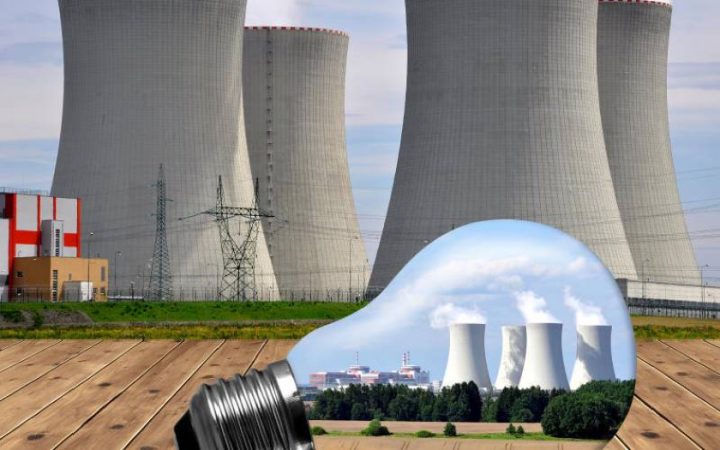
Kenya is taking decisive steps towards realizing its nuclear power aspirations, announcing an initial investment of $83 million to develop the country's first nuclear research reactor. This milestone move signals Kenya's commitment to laying the foundation for future nuclear energy production, with construction set to commence in 2026 and the first power plant expected by 2034.
The Nuclear Power and Energy Agency (NuPEA), spearheading Kenya's nuclear power program, unveiled plans to seek funding from the Treasury in two instalments to cover 40 per cent of the initial costs for the research reactor project. NuPEA aims to secure $22.6 million in 2026 and $60.6 million in 2027, highlighting the anticipated economic benefits and diverse applications of the reactor.
NuPEA's recently launched 2023-2027 strategic plan outlines the pivotal role of the research reactor in education, training, healthcare, industry, energy, and research sectors. The agency envisions leveraging the reactor to bolster national research capabilities, foster intergovernmental collaborations, enhance industrial competitiveness, and drive advancements in material studies, among other objectives.
"The construction of the nuclear research reactor represents a significant milestone for Kenya's scientific and economic advancement," stated NuPEA. "It will serve as a cornerstone for innovation, education, and industrial growth, positioning Kenya as a leader in nuclear technology in the region."
NuPEA has secured a 65-acre site at Konza Technopolis for the construction of the research reactor and accompanying facilities, marking the initiation of what is poised to be the agency's most extensive project yet, requiring a total investment of $246 million over five years.
This progress follows a nine-day mission conducted by the International Atomic Energy Agency (IAEA) in December, during which experts assessed Kenya's preparations for its research reactor program. The IAEA review mission commended Kenya for its "significant progress" in developing the necessary nuclear infrastructure.
Looking ahead, Kenya aims to commission its first research reactor between 2030 and 2034, with preparatory work set to commence in 2026. Additionally, NuPEA has outlined plans for a 1,000-megawatt electrical (MWe) nuclear plant, with potential sites identified in Kilifi or Kwale. To support this endeavour, the agency has allocated funds for infrastructure development, including land acquisition.
NuPEA intends to invest $35 million in infrastructure projects to facilitate the construction of the first nuclear power plant, with plans to acquire 400 acres of land by the end of next year.
As Kenya advances its nuclear energy ambitions, stakeholders anticipate significant strides in scientific research, technological innovation, and economic development, positioning the country as a frontrunner in Africa's nuclear energy landscape.
Article by Jed Mwangi
Photo/Google

Comment